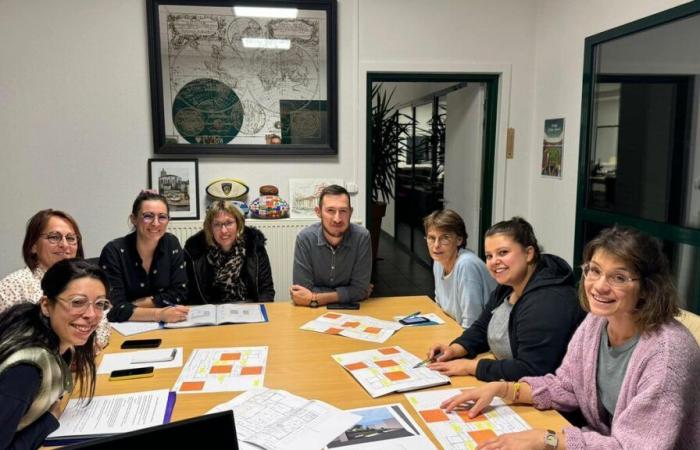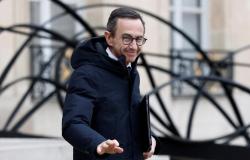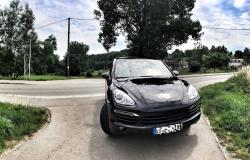
For several weeks, the town hall of Celles-sur-Durolle has continued to welcome visitors. And for good reason, the main entrance to the municipal building is now that of the town's health center. “Besides, we will soon replace the name “town hall” with “communal house”, so that it corresponds to this new place,” announces Olivier Chambon, mayor of the village of 1,700 inhabitants. Welcoming health professionals into the premises of this town hall has been a long-standing project. In particular to respond to the problem of medical desertification. “We did not wait for measures from the State to find solutions,” explains the councilor. We first financed a scholarship for a young medical student who wanted to settle with us. Then he realized he wanted to work with other caregivers. So we thought about a nursing home. »
But, in Celles-sur-Durolle, no building could correspond to such a structure. And the cost of new construction was far too high. So, the Puydôme municipality was able to reason with the means at its disposal. “At the same time, there was this significant increase in the cost of energy,” reports Olivier Chambon. “And we had a fairly new town hall with lots of space. So we decided to dedicate half of the surface area to a multidisciplinary health center. »
A solution now makes it possible to accommodate eight health professionals: two general practitioners, two dentists, two nurses, a speech therapist and an osteopath. The latter pay a small lease and charges. While the municipality thus achieves several savings. “It’s as if we had killed three birds with one stone,” explains Olivier Chambon. “Because we reduced our operating costs, we created a local public service and we avoided investing in the construction of a building. »
From now on, the Auvergne mayor can be pleased to attract patients from other departments such as Allier, Ardèche or Ain, ready to travel more than 200 km to receive treatment. It remains to be seen whether this solution could be reproduced elsewhere. “In rural areas, three or four years ago, I would have said that people's main problem was having optical fiber. Today, it’s having a general practitioner. There are surely other ideas that are just as good as ours, knowing that we must have both the professionals arriving and the buildings available. Above all, we must know how to be inventive in this health crisis. »





